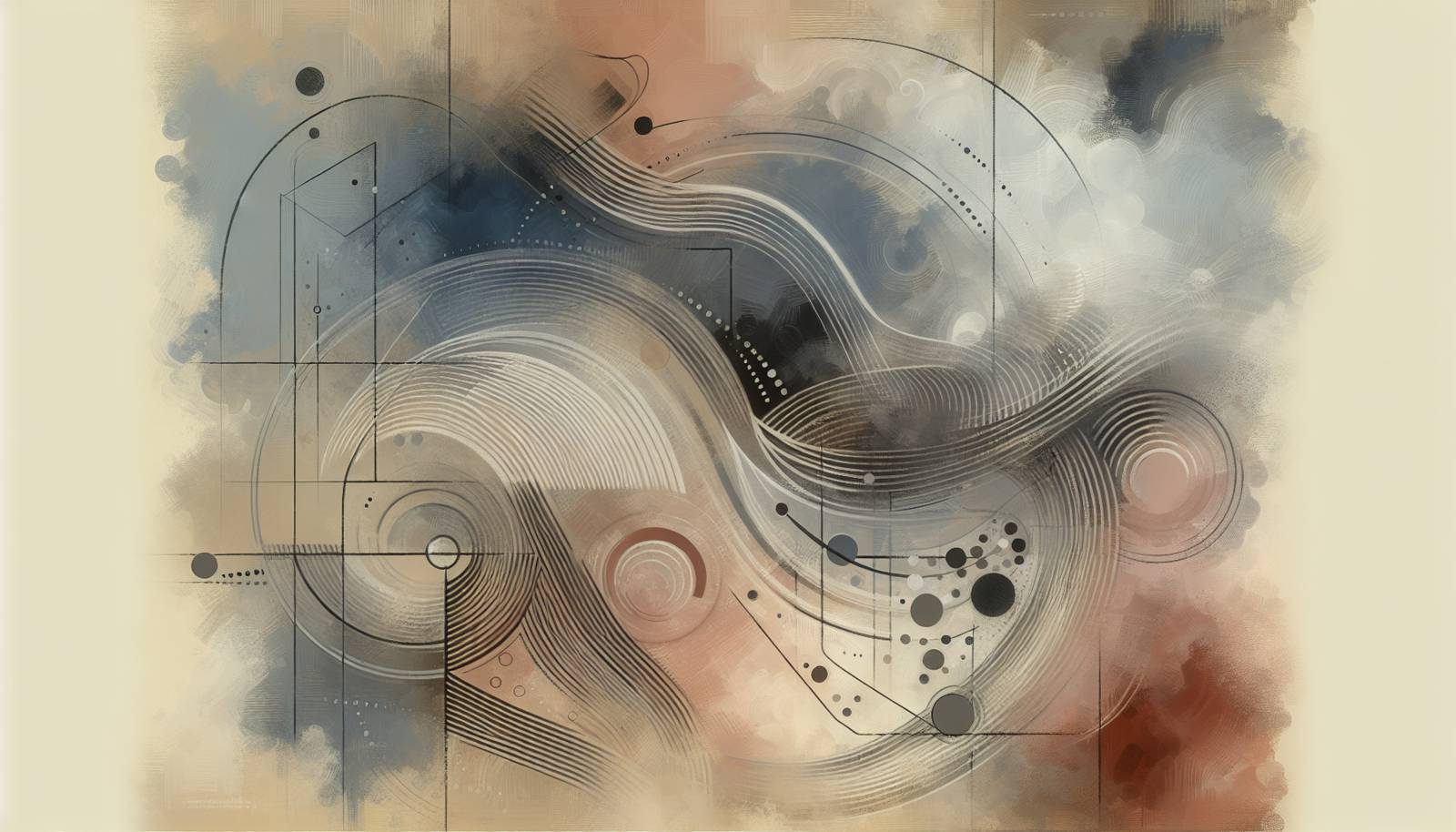
FAQ About The Significance of Art in Political Campaigns

Have there been any controversies related to art in political campaigns?
Yes, controversies have arisen when art used in political campaigns has been perceived as offensive, plagiarized, or overly partisan. For instance, Shepard Fairey faced legal disputes over the "Hope" poster's copyrighted photograph. Controversies can also occur when campaign art exploits national sentiments or misrepresents historical facts, leading to public backlash or legal challenges. Such issues underscore the importance of ethical and respectful art usage in campaigns.
Other Questions About The Significance of Art in Political Campaigns
- What role does art play in political campaigns?
- How has art been used historically in political campaigns?
- Can you provide examples of famous political campaign art?
- Why is visual art effective in influencing political opinion?
- How do political campaigns use art today via digital platforms?
- What impact does art have on the perception of political candidates?
- Are there any risks associated with using art in political campaigns?
- How does the cultural context influence political campaign art?
- What role do artists play in political campaigns?
- How important is art in grassroots political movements?
- What are the ethical considerations with using art in political campaigns?
- In what ways does art help in branding political campaigns?
- How can art counter negative political messaging?
- Have there been any controversies related to art in political campaigns?
- What is the significance of colors in political campaign art?
- How do political campaigns balance creativity and message clarity in art?
- Can art influence voter turnout during elections?
- How do political campaigns adapt their art for different demographics?
- What tools and techniques are commonly used to create political campaign art?
- What is the future of art in political campaigns?

Create new FAQ page, write FAQs and publish for your clients, friends, colleagues, visitors, students, customers, guests, neighbors, or yourself.
Create Your Own FAQ Page now